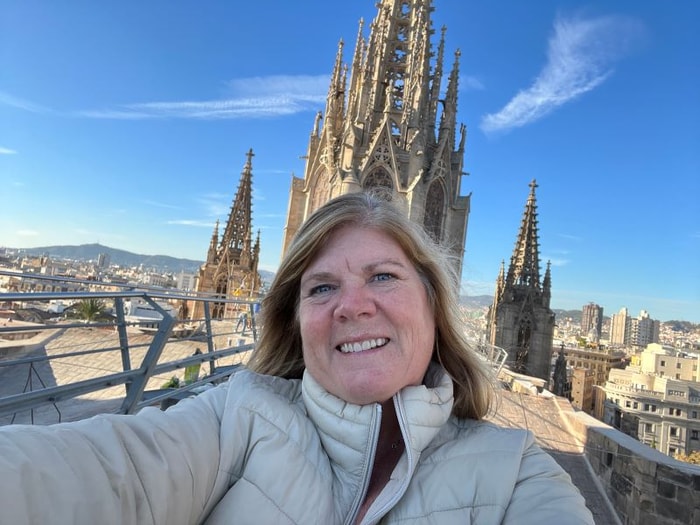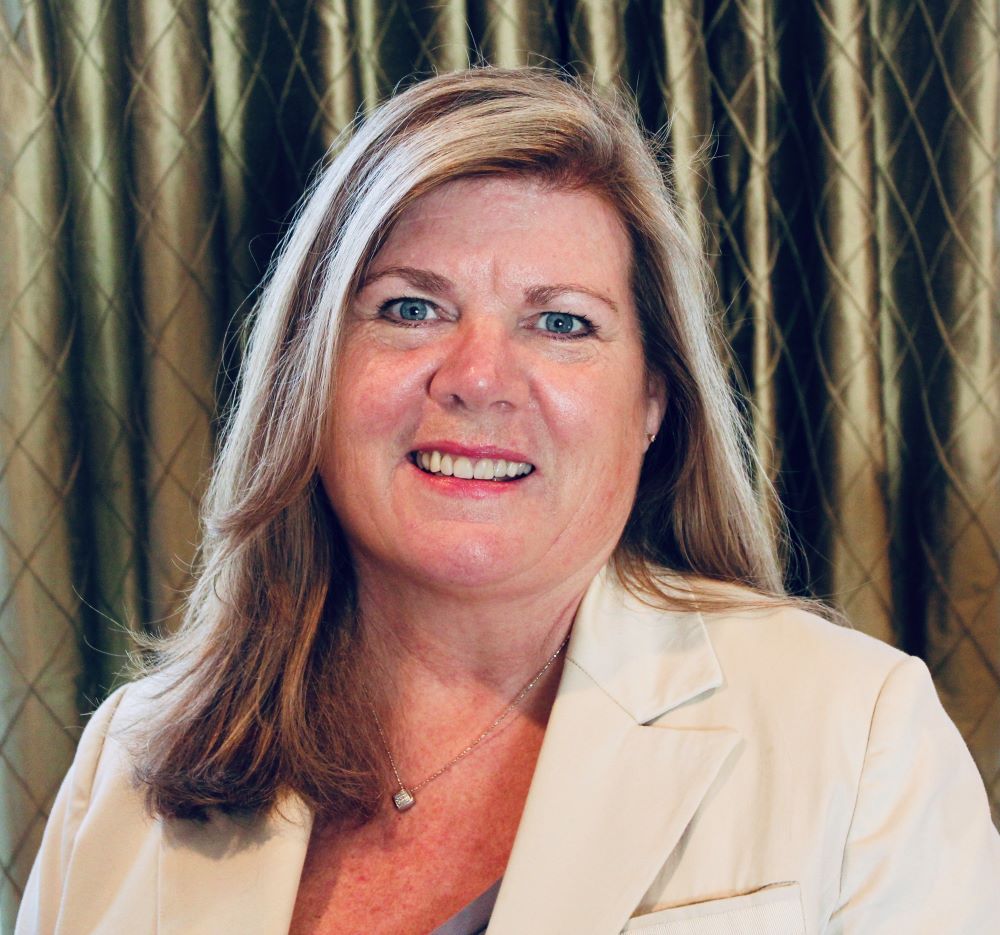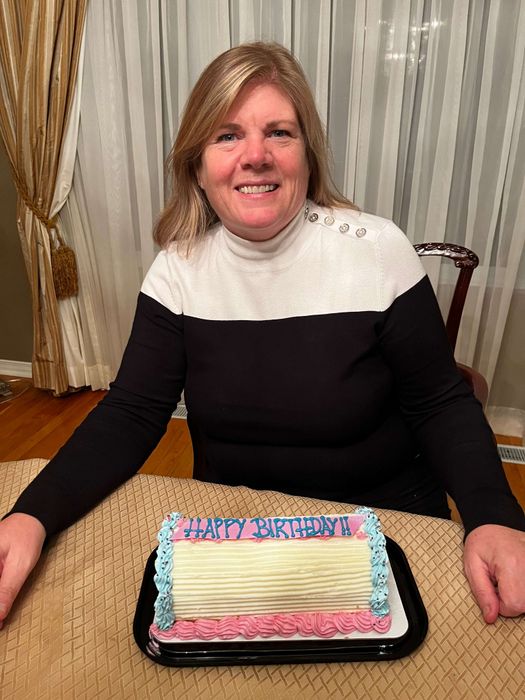The Experience Dividend: How Investing in Experiences Pays Back in Living a Life Without Regrets

Over the past couple of years, it seems I've watched too many friends leave this world far earlier than any of us expected. At each funeral or memorial service, each conversation with their surviving families carried the same haunting theme: the adventures that would never happen, the bucket list items that remained forever unchecked, the experiences they'd promised they would do once "their life slowed down a bit."
But it wasn't until I nearly lost my own husband that this message truly landed with clarity.
My husband's brush with death came without any warning and in one very distressing night in ER, we weren't sure whether he was going to make it. It was during COVID and I clearly remember the agonizing conversation with the doctor about whether it was time to call the family to come in to say their final goodbyes and how we might be able to make these arrangements given the circumstances.
Fortunately, he survived. But during the long recovery that followed I couldn't help but reflect on this experience and the powerful lesson now etched forever into my mind.
Our "somedays" can vanish in an instant.
As much as we may want to believe we control our future and what it will be filled with, life doesn't follow our plans or timelines.
After this, I noticed my priorities started to shift. No longer was someday something to think about in the future. The gift of today soon took on a whole new meaning. I realized that if there were things or experiences I wanted to do, I needed to move them up and schedule them now rather than waiting for the right time.
The Science of Breaking Free from Routine
What I didn't fully understand at the time, but neuroscience now makes abundantly clear, is that new experiences aren't just pleasant diversions. They're essential tools for cognitive and emotional well-being, particularly as we navigate our 50s and beyond.
Novel experiences stimulate our brain's ability to adapt and rewire itself, leading to increased cognitive flexibility and improved mood regulation. This neuroplasticity is our brain's remarkable ability to form new neural connections. And the good news is that it doesn't diminish with age if we keep challenging it with new experiences.
Just consider what happens to us when we fall into a routine.
If we take the same routes to work, eat at the same restaurants, keep doing the same weekend activities, our brains go on autopilot, efficiently processing familiar patterns while essentially sleepwalking through days that blur together. But novel experiences can trigger the release of dopamine, a neurotransmitter associated with pleasure and reward, creating a sense of enjoyment and motivation.
This also connects to what I've written before regarding the "holiday paradox" - that phenomenon where new experiences seem to slow down time in our perception as we build new pathways in our brains.
The Compound Benefits of Stepping Outside Comfort Zones
But the benefits of new experiences extend far beyond just creating memories and expanding our cognitive abilities. Successfully navigating new experiences can also boost our self-esteem and confidence, as achieving a new skill or trying something out of our comfort zone can enhance our sense of self-worth.
For example, one of the outcomes of my 60 Before 60 Project was I learned that saying yes to something different rather than no can not only bring unexpected fun, it can also help us learn something new and also increase our confidence.
Take karaoke for example. I'd watched people do it for years, admiring their confidence and was something I had always wanted to try but just never seemed to find the confidence to do. But one night when presented with the chance to do it, I summoned the courage to say yes and give it a try. When I finally got up on stage to sing, I quickly realized that reading lyrics, staying in tune, and engaging the audience simultaneously was far trickier than I'd imagined.
Was my performance great? Absolutely not (my daughter even captured my lack lustre performance on video which has allowed the playback to provide endless laughs and plenty of cringing on my part).
But here's what really mattered: even though the experience didn't go as I expected, it was exactly what I needed.
I did it.
Not only can I now say this is something I had done rather than something I always wanted to do, that shift from aspiration to accomplishment built a confidence that extended far beyond that karaoke stage.
The Mindfulness Effect
Perhaps most importantly, experiencing something new often requires being present in the moment, and this mindfulness can help us let go of past regrets or future worries and focus on the here and now.
For example, when was the last time you were fully present during your standard grocery shopping trip? Routine activities allow our minds to wander. But when you're trying something new - whether it's a cooking class, a different hiking trail, or even just taking a new route through your neighborhood - if forces our brain to pay attention. We're forced into the present moment.
This involuntary mindfulness is one of the most valuable gifts new experiences offer. Novel experiences can even be a form of stress relief, providing an opportunity to relax and recharge, reducing the physical and emotional strain often experienced in our daily lives.
Quality Connections, Not Just Quantity of Activities
What I've also discovered is that the most transformative experiences I've had weren't necessarily the most expensive or exotic. They were the ones where I was fully engaged, whether alone or with others.
For example, I still think back to the evening where I learned how to make pasta with friends, or the first time I went forest bathing. Or there was the joy I felt as I danced to some favourite tunes at a silent disco where everyone was in their own musical world yet we were still together. Each of these experiences cost little to nothing, but they created moments that stood out from the routine blur of my daily life.
New experiences can instill a sense of purpose and meaning in our lives serving as a reminder of the richness and diversity of life and motivating us to discover new sources of joy. This sense of purpose becomes increasingly important as we age and face life transitions like retirement, empty nesting, or when we come face-to-face with our own mortality or lose someone we love.
The key isn't doing everything. It's doing new things with intention and presence. A new experience undertaken while distracted or rushed loses much of its cognitive and emotional benefit. But when we bring our full attention to these activities, the returns we get can be amazing.
Protecting Your Experience Investment
While completing my 60 Before 60 Project, my experiences taught me just how important it is to protect time for life experiences. Now I do something that might seem overly structured but has transformed how I live: I block time in my calendar specifically for "experience time."
Given my love of travel, I still plan for some significant adventures however my weekly blocked experience time isn't set for this. This time is just protected moments for whatever might create a memory and engage my brain in new ways. Sometimes it's trying a new restaurant, other times it's just taking a different route home to explore a neighborhood or calling a friend for a real conversation rather than texting. Sometimes it's just deciding to take a walk in a different park than my usual one.
The act of calendaring these moments signals to myself that experience creation isn't something that happens accidentally - it requires the same intentional investment as any other priority. Without protecting this time, the urgent always crowds out the meaningful, and before I know it, another month has dissolved into routine.
Research from New York University found that new and diverse experiences are linked to enhanced happiness, and this relationship is associated with greater correlation of brain activity. In other words, variety doesn't just make life more interesting - it literally changes how our brains function and how happy we feel.
The Real Risk
One of the life lessons I learned in my 60 Before 60 Project, continues to guide me today and remains one of my biggest life philosophies:
Live Lesson #53: While on earth we should try to love deeply, live authentically, and leave with no regrets.
After watching too many friends leave with their dreams unfulfilled and their own "someday" lists left incomplete and after nearly losing my husband before we'd done so many of the things we'd planned, I realized that the real risk isn't the discomfort of trying something new. It's walking around saying "this is something I want to do" instead of being able to say "this was something I did"."
Our brains are waiting to be challenged, our sense of time is waiting to be expanded, and our capacity for joy is waiting to be reignited. All it takes is the willingness to try something - anything - we don't regularly do.
After all, investing in experiences always pays the best dividends - memories instead of regrets.
Related content





